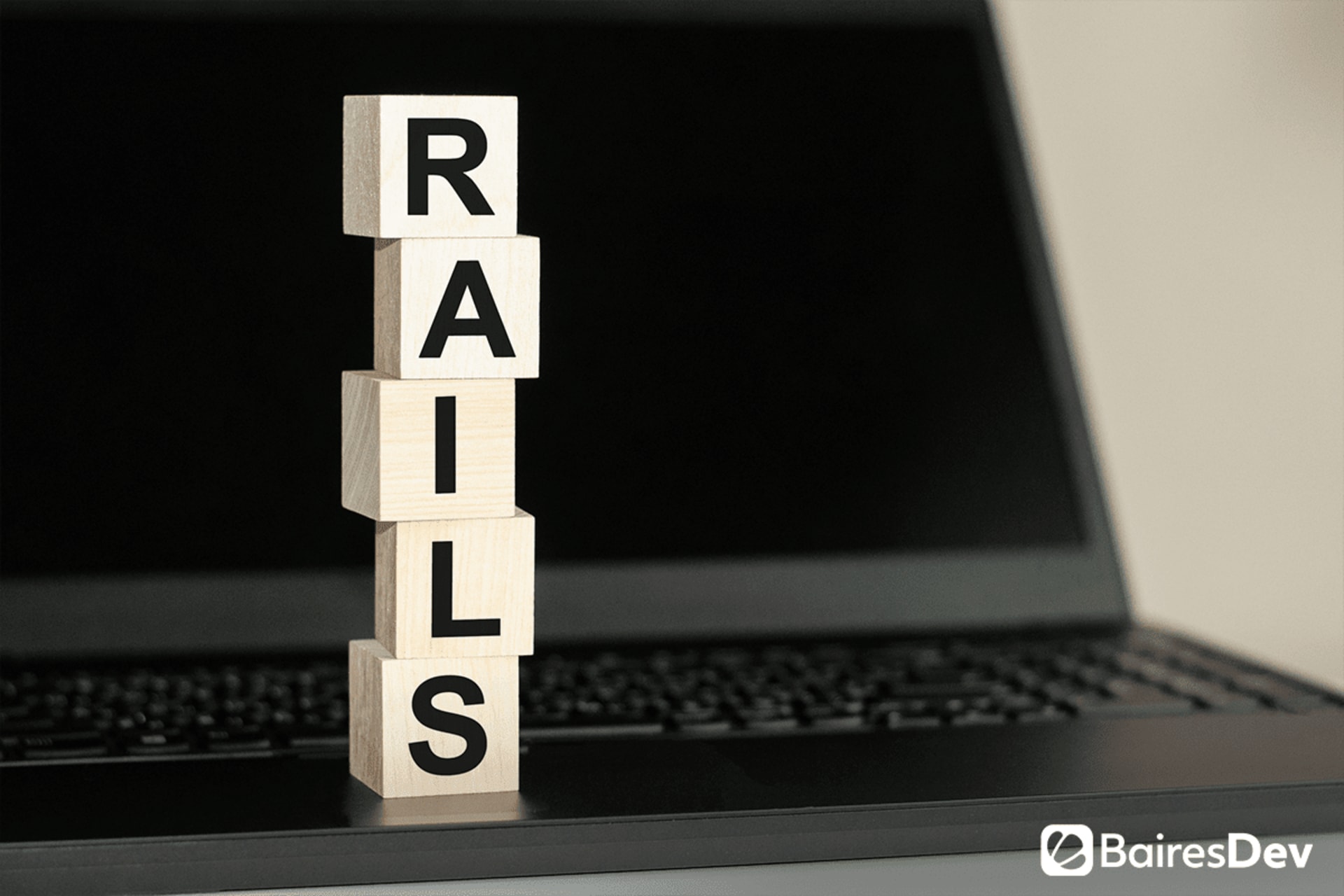Some of you might be thinking “Why should I invest in developing with Rails?” That’s a fair question, especially because it seems that web developers are all focused on other frameworks, such as Angular and Express. But the lack of popularity doesn’t necessarily mean that Rails is useless. In fact, as the 7.2% of professional software developers in the latest Stack Overflow developer survey can attest, RoR is still a powerful tool.
That’s especially true when it comes to eCommerce development. Very popular eCommerce platforms like Shopify, Spree, and Solidus all use it, and its value has been proven time and time again in countless Ruby development projects. The reasons for that? Ruby on Rails is an easy-to-use, highly stable, and powerful tool to build the eCommerce platform you have in mind – yes, even in 2021!
Don’t believe me? Here are some of the reasons why you should talk about using Rails in your next eCommerce project, be it a B2B, B2C, or subscription-based platform.
Top Reasons why you Should be Using RoR for eCommerce
Ruby development companies still pick Rails as its framework of choice for a multitude of projects because of the following benefits:
- High flexibility. Ruby on Rails allows you to build your eCommerce app through different modules. Thus, you can easily combine and modify them later on. You can also take advantage of that and add new plugins to further expand your platform’s functionality. What’s more – that means that you can update your platform without having to dismantle everything.
RoR’s flexibility also allows you to focus on building an MVP to quickly validate your assumptions around your eCommerce. Once you have that initial feedback, you can easily adapt and correct anything to match your audience’s wants and needs.
- Fast MVP development. Since I’ve mentioned it, I guess I should point out how fast Rails is to develop an MVP for your eCommerce platform. That’s especially useful if you’re just starting out in the eCommerce world or if you’re a startup and need to check the viability of what you’ll be offering.
One of the things that make RoR so fast is that this framework follows a convention over configuration approach, that relieves you from having to go through excessive configuration (a.k.a. Django). Also, Rails uses a Don’t Repeat Yourself philosophy that makes development much more efficient and quick, even if you’re working with a small Ruby development team.
- Easy and straightforward use. Rails comes with a standardized set of policies which makes it less likely that you’ll face a lot of challenges during development. Thus, you can be sure that your code will be cleaner and more efficient which, in turn, will elevate the performance of your eCommerce applications.
The framework also doesn’t need you to reconfigure it time and time again. That’s because you’ll have to go through a simple configuration process once and then build the application without having to apply adjustments as you go. To top it all off, you can do all of that following very straightforward documentation that can help you get coding in no time.
- Secure development. Today, security should be among your top priorities – especially when you work on an eCommerce site. That’s because you’ll be handling sensitive customer data, including personal information and payments. Fortunately, RoR can help you build highly secure platforms through its many security-focused gems.
Gems are a sort of plugins or extensions that can expand the power of RoR. Thus, you only need to add them to your basic Ruby language and you’ll be ready to use them. This means that you can include security gems for basically everything you need to protect your eCommerce platform, from alternatives for vulnerability detection to options for patch-level verification.
- Huge community and countless resources. I’ve mentioned security gems as a way to expand RoR but that’s just one area in which those extensions can help you. There are thousands of Ruby gems out for anything you can think of, from gems to handle payments and upload files to gems for testing and debugging your eCommerce platform.
Those gems are the result of the coordinated work of the huge Ruby on Rails community that continuously works on different projects and updates to keep the framework powerful, fresh, and relevant. That enormous community of Ruby developers doesn’t just build gems, though – they also constitute a massive support network that can help you build whatever you are thinking of by answering questions and suggesting solutions.
- Ease of deployment. One of the biggest challenges you’ll face when building your eCommerce platform is deploying your final product. That’s because there might be a lot of bugs and errors while doing so that can break your whole development effort. To help you with that, Rails has multiple automation features to help you prepare for deployment.
Thus, you can enjoy a fast and efficient debugging process, courtesy of the test automation features included in the framework. That, combined with the Don’t Repeat Yourself principle and the testing gems available, can greatly simplify your work ahead of your platform’s release and pave the way for a smoother deployment. - Cost-effective. Finally, Rails can improve the cost-effectiveness ratio of your eCommerce development. That’s because it’s an open-source framework for which you don’t have to pay to use it. That means you only have to download and install and you’ll be ready to start working on your projects.
Of course, that’s not the only reason why RoR is cost-effective. The combination of all the benefits I’ve explained above results in lower costs, as you’ll code quicker, the platform will be more secure, and the deployment will be far less complicated. All of that means that you won’t have to pay a lot of development hours to ensure that your platform works as intended.
Rails Is Perfect for Ecommerce
As you can see, all of those reasons put Rails as a serious contender for the best framework for eCommerce development. It combines all you need from a tool to boost your development and build a stable and high-quality platform to expand your business into the digital realm. Besides, all of those benefits show that, while many people might claim that Ruby development is dead, the reality is that it’s pretty much alive for anyone smart enough to take advantage of its tools.
If you enjoyed this, be sure to check out our other Ruby articles.









